At one point or another, a lot of us may have heard the saying, ‘You are what you eat’. Our diets play an essential role in our overall well-being, so it is quite important that we are mindful about what we eat. Now, each person is different and has different diet requirements. Sometimes, there may come a point where you feel that you may not be getting the best out of your diet. How, then do you overcome this?
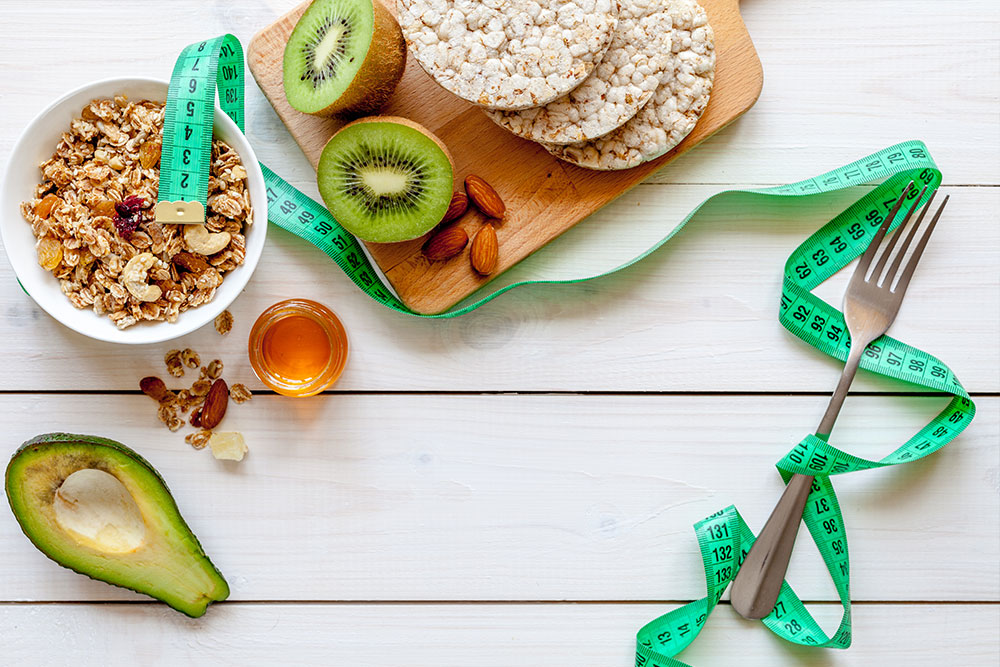
Before we get into the dos and don’ts, let us first understand why you’re unable to get optimum benefits from your diet. Dr Eileen Canday, head dietician and department head, Nutrition and Dietetics, Sir HN Reliance Foundation Hospital, Mumbai, lists out the possible reasons.
Poor digestion: Sometimes gut health is compromised due to the presence of ‘bad’ bacteria, which can further lead to slow metabolism and digestion issues.
Ignorance about nutrition: We often underestimate the benefits of the different foods that we incorporate in our diets, and end up skipping out on them.
Consumption of high sugar, salt, hydrogenated oil: Unfortunately, the food around us is full of added preservatives and high levels of sugar, salt, and fatty oils, which cause more harm than good.
Urge to keep up with trends: Those diets are fads as they claim to give quick solutions. However, a healthy diet requires a sustainable, long-term approach to make it effective, as opposed to quick-fix solutions.
Chewing difficulty: Some people gobble their food without chewing it properly. This means the food is not properly broken down, delaying digestion.
Eating alone: This allows for a higher possibility to consume more than you should eat. Eating with people makes you accountability and gives you control of what and how much you consume.
Difficulty shopping or cooking: For those who lead extremely busy lives, the easiest option to feed themselves is to either order food or opt for ready-to- cook meals, which might not always be a healthy option as you don’t always have clarity on the preservatives or ingredients used.
Dr Canday lists out the five tips to make your diet healthier:

1. Drink plenty of water
It is recommended to have at least two to three litres of water for otherwise healthy individuals, as it is not only crucial for hydration but also metabolism of nutrients. Dr Canday suggests including functional foods like turmeric, cumin seeds, and green tea to make infused water, as these boost immunity and are rich in antioxidants, which further reduce inflammation. For those who may have restrictions on how much water they can consume owing to health conditions, it is advised to reach out to your healthcare provider who can then guide you.
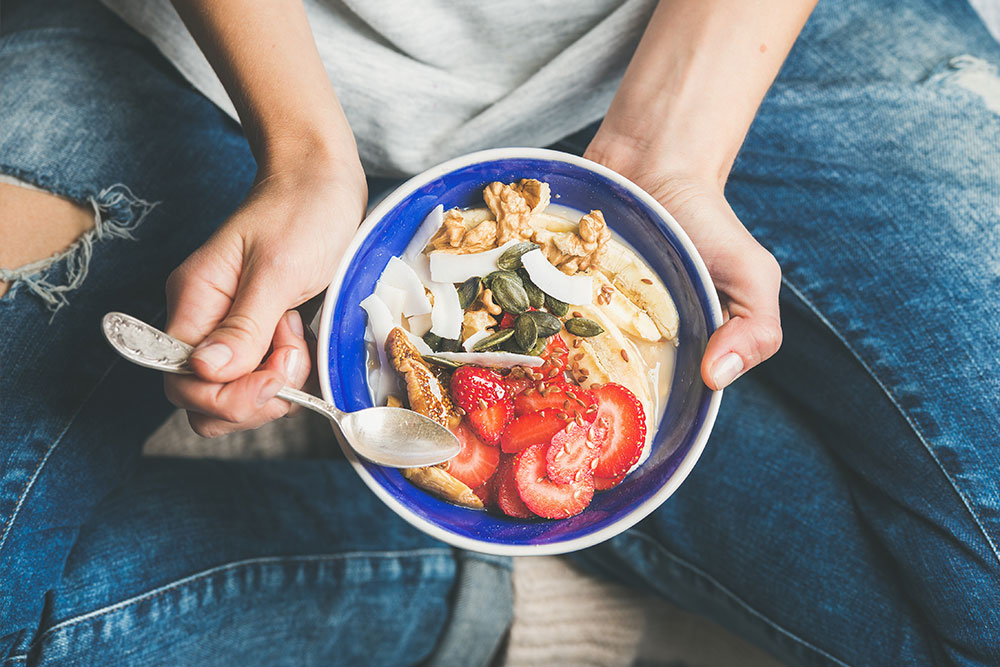
2. Consume small, frequent meals
Instead of going all out and consuming large portions of food, which would eventually lead you to overeating, opt for smaller, frequent meals. Dr Canday adds, “To maintain an appropriate metabolic rate, stable glucose levels, and prevent starvation mode, go for smaller portions at frequent time periods, of at least two to three hours between meals.” You can also choose to eat your food on smaller plates so it gives you the illusion of eating just enough, so you don’t overeat.
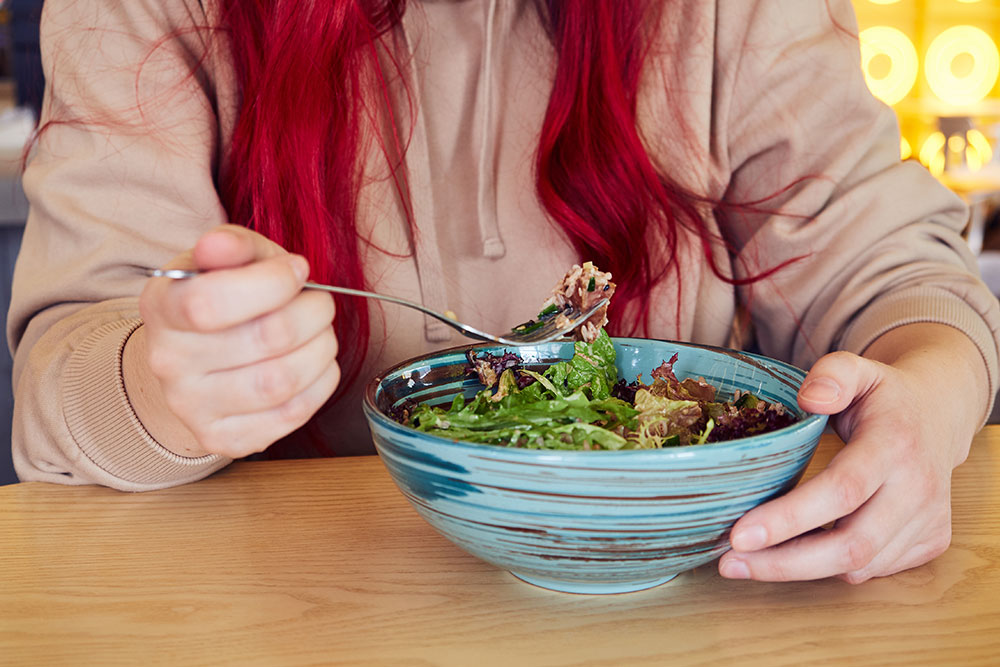
3. Eat the food slowly and chew thoroughly
The process of digestion starts from your mouth. Dr Canday says, “The faster you eat, the more the likelihood of you consuming extra food. Chewing your food at a slower place will reduce your food intake, which is linked to better weight maintenance.” You also get to break down the food properly, which helps with digestion.
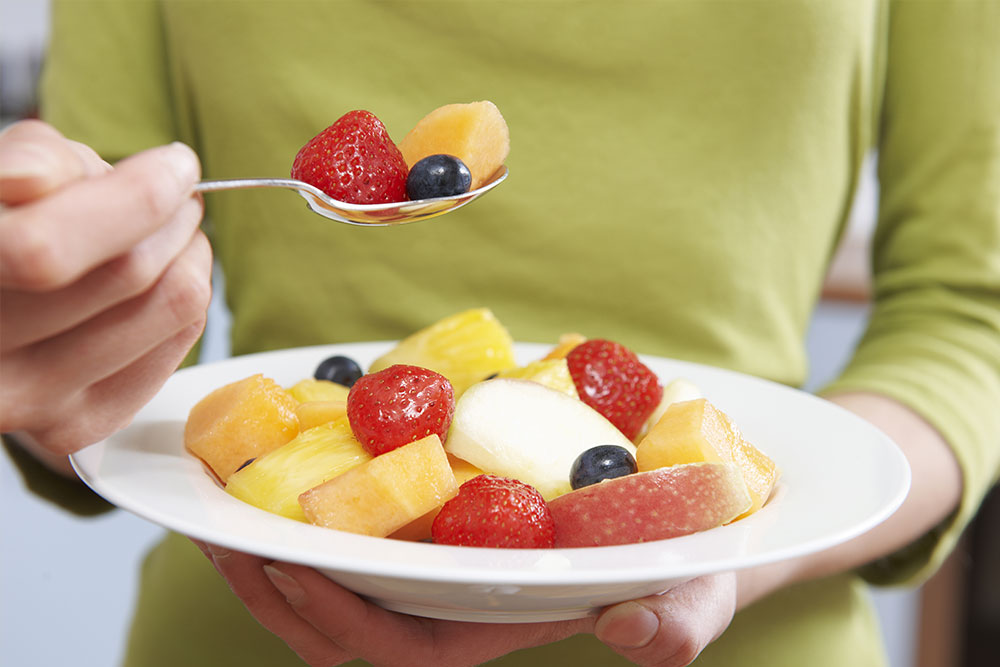
4. Eat your fruits instead of drinking them
While consuming your fruits in the form of juice may seem like a tempting idea to save time, Dr Canday warns against it. “Fruits are a rich source of fibre, vitamins, and antioxidants. The fibre allows them to be slowly digested and do not cause major spikes in blood sugar levels. Most juices, lack fibre and can spike up blood sugar levels when consumed in one go. Therefore it should be avoided,” she advises.
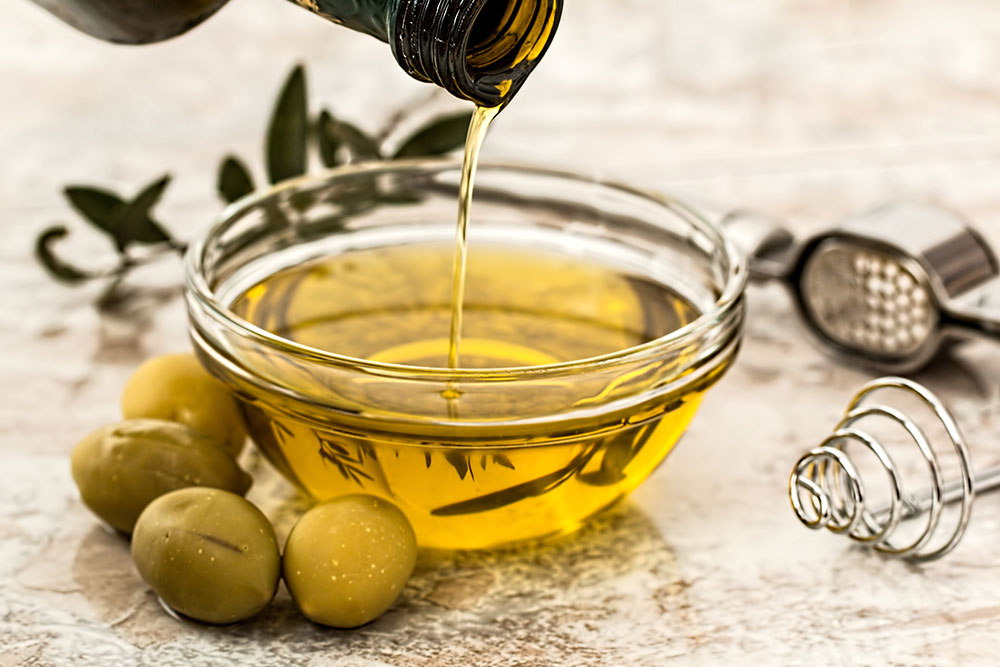
5. Swap your cooking oils
How we cook our food also has a massive impact on our diet. So it is advisable to opt for healthier options such as vegetable oils when cooking your food. Dr Canday elaborates, “It is recommended to use oils rich in monounsaturated fatty acids like, rice bran oil, groundnut oil, sesame oil, mustard oil, soyabean oil or blends of these oils. Virgin oils like olive oil or flax seed should be consumed without heat treatments. Heat resistant olive pomace oil is also available for cooking.”